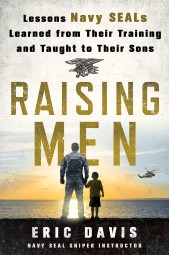After I wrote Baby Grand, I decided to write a stand-alone novel, In the Red, before I tackled the sequel. I tend to do that, even if I’m reading (and not writing) a series — I concentrate on a work that’s completely unrelated, and then return to the next book in the series. I find that the distance creates a little perspective and pushes me more to think about the characters and plot lines and what they mean before I plunge back in.
 I finished In the Red after a looong four years, and, unfortunately, realized that it wasn’t as good as I wanted it to be. It needed some major revisions, and I decided that, rather than doing that, which would take quite some time, I would instead start writing Baby Bailino, the sequel to Baby Grand. This was in late 2014.
I finished In the Red after a looong four years, and, unfortunately, realized that it wasn’t as good as I wanted it to be. It needed some major revisions, and I decided that, rather than doing that, which would take quite some time, I would instead start writing Baby Bailino, the sequel to Baby Grand. This was in late 2014.
In spring of this year, I finished Baby Bailino. So now — as I prepared Baby Bailino for publication — it was time to move onto my next book, which, based on history, would be something completely different from the series I was working on. Right? However, In the Red had so many issues, which freaked me out, and had taken so long to write. I didn’t want to wait four years to start the final Baby Grand book!
I decided (isn’t it fun making these arbitrary decisions?) that it would be best to start writing the last book in the Baby Grand series immediately instead of doing something unrelated. Perfect. Sounds like a plan. I would start writing the next Baby Grand book right away.
And then I watched an old Tommy Lee Jones movie.
I have a certain affinity for suspense movies made in the 1990s. I don’t know why. I turn them on whenever I catch them on TV. The Fugitive. The Firm. Primal Fear. Anything with Ashley Judd. I tend to find my greatest inspirations there. (Baby Grand, in fact, was inspired by Robert De Niro’s character in Heat.)

 Recently, I had the honor of collaborating on a
Recently, I had the honor of collaborating on a